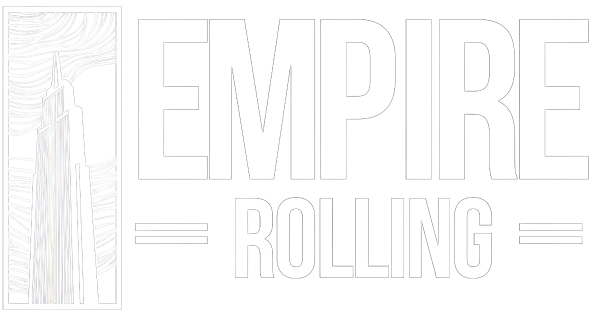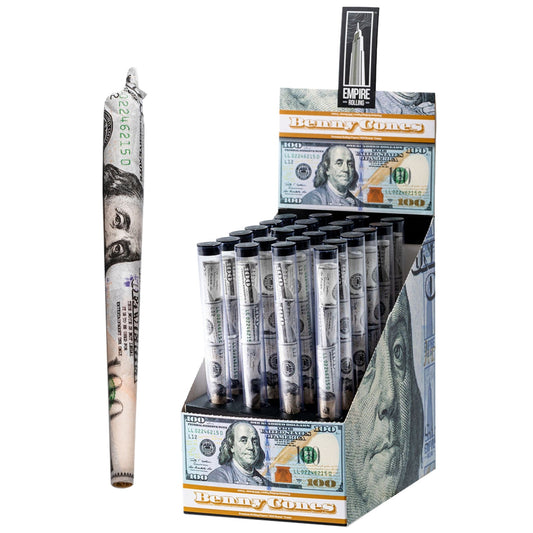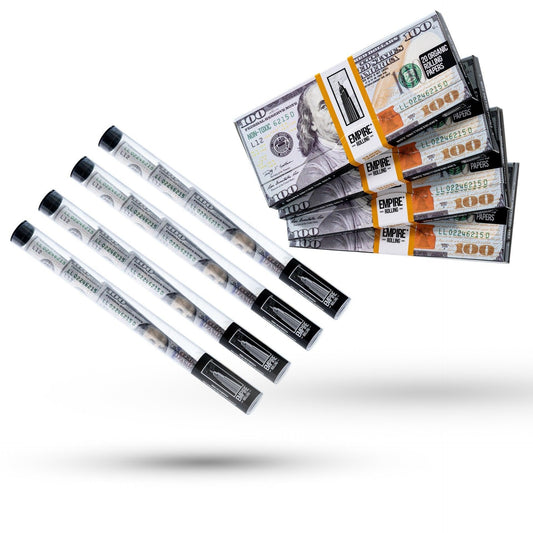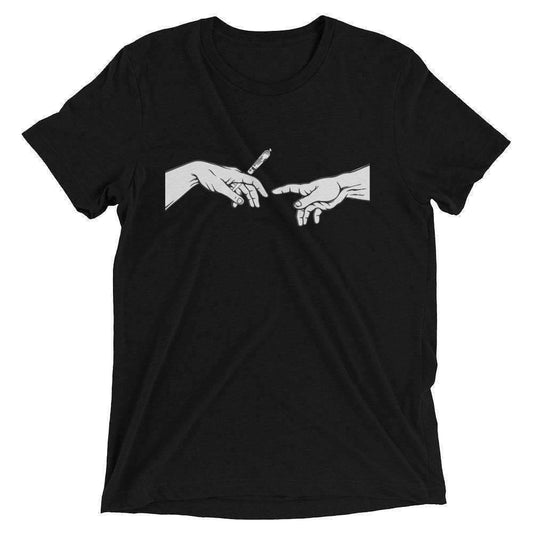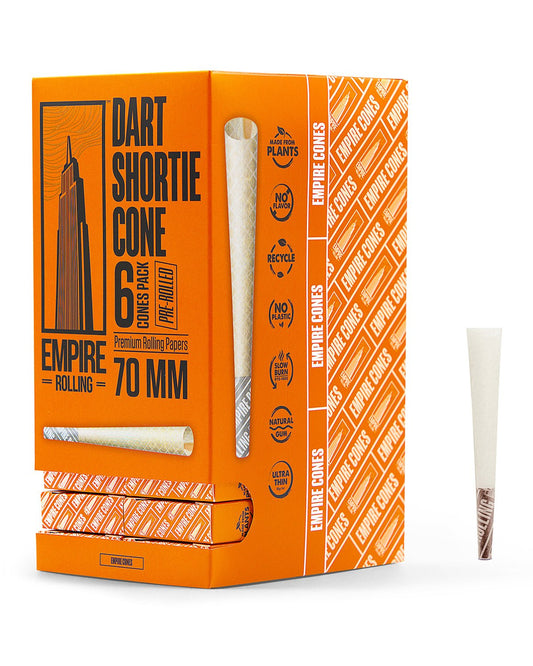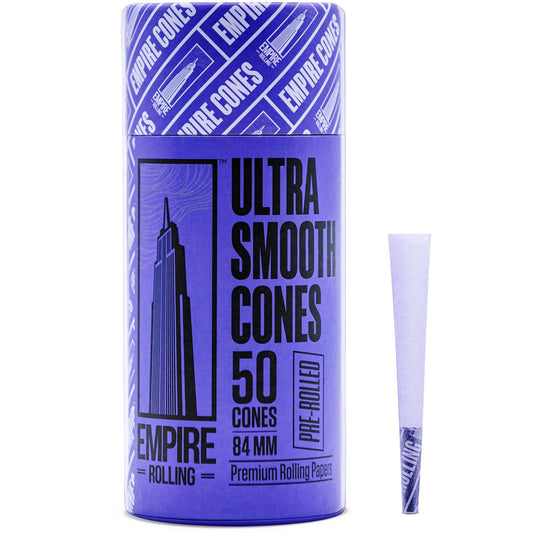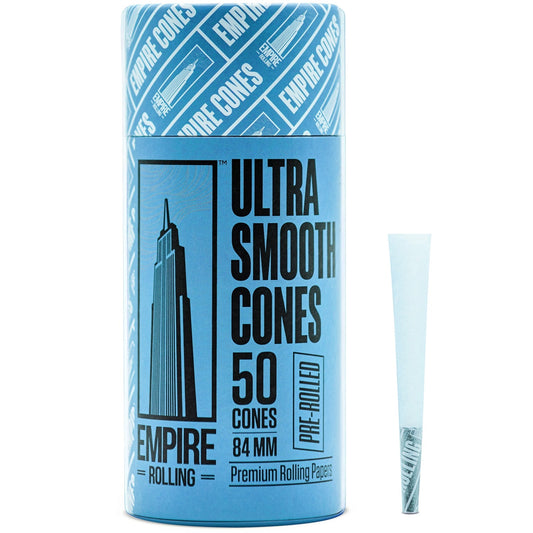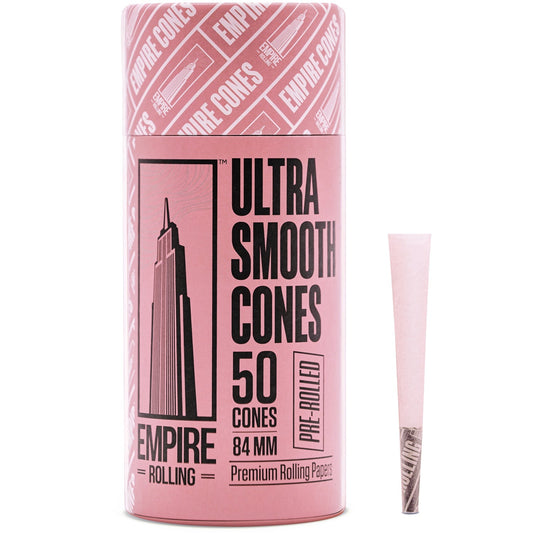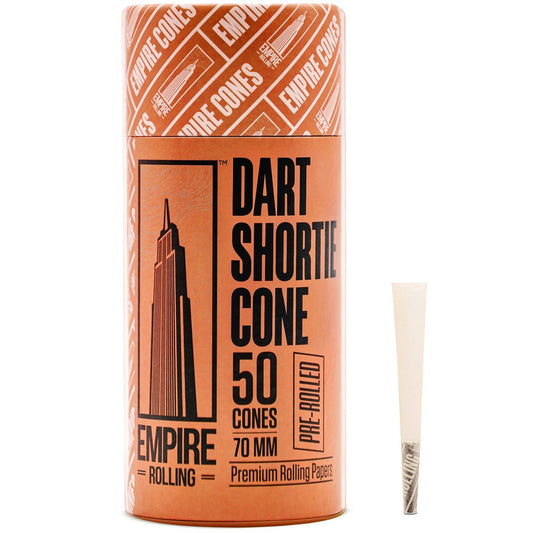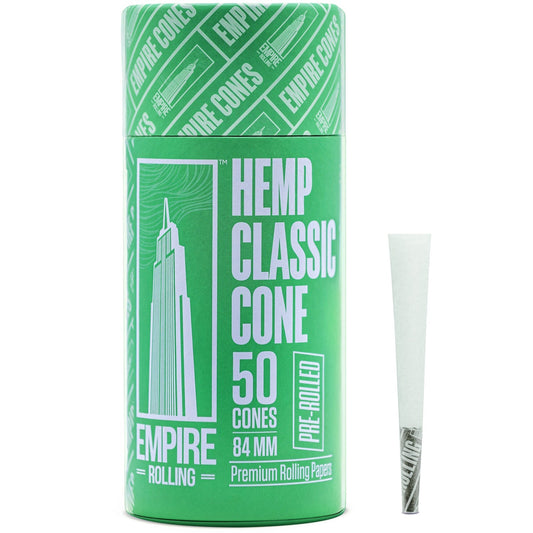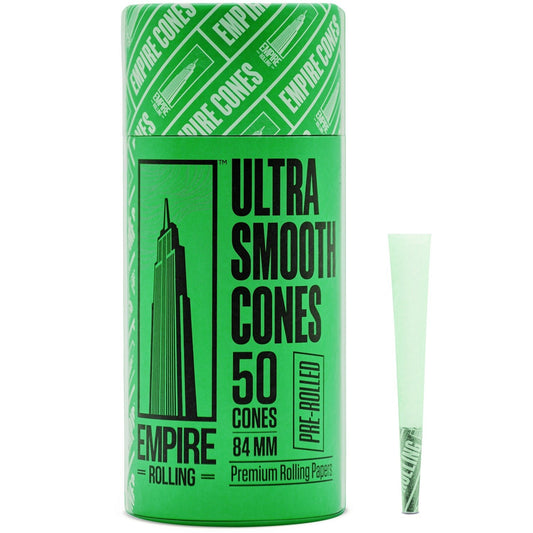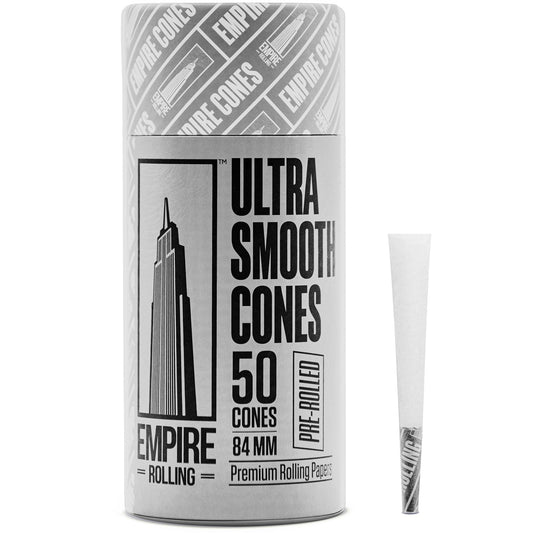Can You Get a Medical Marijuana Card for Anxiety?
Can You Get a Medical Marijuana Card for Anxiety?
Please note that while Empire Rolling enjoys exploring topics like these, we are not medical professionals, and this post is not medical advice.
This post answers the question "Can you get a medical marijuana card for anxiety?".
The landscape of medical marijuana is rapidly evolving, and it's no secret that people are turning to cannabis as a potential treatment for various health conditions. One question that often arises in this context is, "Can you get a medical marijuana card for anxiety?".
In this blog post, we'll explore the relationship between medical marijuana and anxiety, the eligibility criteria for obtaining a medical marijuana card for anxiety, and the potential benefits and risks associated with using cannabis for anxiety management.
Can You Get a Medical Marijuana Card for Anxiety?
Understanding Medical Marijuana
Before diving into the specifics of using medical marijuana for anxiety, it's essential to have a basic understanding of what medical marijuana is and how it differs from recreational marijuana.
Medical marijuana refers to the use of the cannabis plant and its compounds, primarily THC (tetrahydrocannabinol) and CBD (cannabidiol), for medicinal purposes.
These compounds interact with the endocannabinoid system in the human body, which plays a vital role in regulating various physiological processes, including mood, sleep, pain perception, and stress.
Recreational marijuana, on the other hand, is used for non-medical or recreational purposes and is typically sought after for its psychoactive effects.
Medical Marijuana and Anxiety
Anxiety is one of the most common mental health conditions worldwide, affecting millions of people.
Traditional treatment options for anxiety disorders include therapy, prescription medications like benzodiazepines and SSRIs (Selective Serotonin Reuptake Inhibitors), and lifestyle modifications.
However, some individuals explore alternative treatments like medical marijuana.
While research on the use of medical marijuana for anxiety is ongoing, there is growing anecdotal and scientific evidence suggesting that certain cannabis strains and compounds may help alleviate anxiety symptoms.
Here are some key points to consider:
Strain Selection: The choice of cannabis strain matters when it comes to anxiety management. Indica strains, known for their relaxing effects, are often preferred over sativa strains, which can be more stimulating. Additionally, strains with higher CBD content and lower THC levels are generally recommended for anxiety, as CBD is thought to have anxiolytic (anxiety-reducing) properties.
Individual Variation: People react differently to cannabis, so what works for one person may not work for another. It's crucial to start with a low dose and carefully monitor your response to determine the right strain and dosage for your anxiety symptoms.
Short-Term vs. Long-Term Use: Some individuals may find relief from acute anxiety symptoms with the occasional use of medical marijuana. However, the long-term effects of cannabis use for anxiety management are still a subject of ongoing research, and potential risks should be considered.
Eligibility for a Medical Marijuana Card for Anxiety
The eligibility criteria for obtaining a medical marijuana card vary from one jurisdiction to another, as medical marijuana laws are determined at the state or regional level.
However, certain general principles apply in most cases. To determine whether you qualify for a medical marijuana card for anxiety, consider the following:
Medical Condition: You must have a documented diagnosis of an anxiety-related disorder, such as generalized anxiety disorder (GAD), social anxiety disorder, or panic disorder. A qualified healthcare professional, such as a psychiatrist, should provide medical records or a letter stating your diagnosis.
Residency: In many places, you need to be a resident of the state or region where you are applying for a medical marijuana card.
Doctor's Recommendation: You must obtain a recommendation or certification from a licensed physician who is authorized to prescribe medical marijuana. The doctor will evaluate your condition and determine if medical cannabis is a suitable treatment option.
Application Process: Follow the application process set forth by your local medical marijuana program. This may include submitting an application, paying a fee, and providing the necessary documentation.
Age Requirements: Most jurisdictions require patients to be at least 18 years old to apply for a medical marijuana card. However, some states allow minors to qualify with parental consent and additional safeguards.
Benefits of Using Medical Marijuana for Anxiety
The potential benefits of using medical marijuana for anxiety can vary from person to person. Some individuals report experiencing relief from symptoms such as:
Reduced Anxiety: Certain strains of cannabis, particularly those with high CBD content, may help reduce feelings of anxiety and promote relaxation.
Improved Sleep: Insomnia and disrupted sleep are common in individuals with anxiety disorders. Cannabis may help improve sleep quality and duration for some individuals.
Mood Enhancement: Cannabis can elevate mood and produce a sense of euphoria in some users, which may temporarily alleviate anxiety symptoms.
Pain Relief: For those with anxiety-related physical symptoms or co-occurring pain conditions, medical marijuana may offer pain relief, contributing to overall well-being.
Fewer Side Effects: Some people prefer medical marijuana over traditional medications because they experience fewer side effects, although this can vary.
Risks and Considerations
While medical marijuana may hold promise for anxiety management, it's essential to be aware of potential risks and considerations, and to monitor your usage accordingly.
Psychological Dependence: Regular use of cannabis, especially strains high in THC, can lead to psychological dependence or addiction in some individuals.
Impaired Cognitive Function: THC can impair cognitive function, including memory and concentration, which may exacerbate anxiety symptoms for some users.
Side Effects: Cannabis use can cause side effects, such as dry mouth, increased heart rate, and dizziness. These effects can be particularly problematic for individuals with anxiety disorders.
Legal Implications: Medical marijuana laws vary, and using cannabis without a valid medical marijuana card can result in legal consequences in some jurisdictions.
Interactions with Medications: If you are taking other medications for anxiety or any other condition, consult with a healthcare professional to ensure there are no adverse interactions with medical marijuana.
Conclusion
The question, "Can you get a medical marijuana card for anxiety?" is a complex one with no one-size-fits-all answer.
The eligibility and effectiveness of medical marijuana for anxiety management depend on various factors, including your location, individual circumstances, and the advice of a qualified healthcare professional.
If you are considering medical marijuana as a potential treatment for anxiety, it's essential to approach it with caution, seek professional guidance, and be aware of the potential benefits and risks associated with its use.
Always consult with a healthcare provider to determine the most appropriate and safe treatment plan for your specific needs.
Please note that while Empire Rolling enjoys exploring topics like these, we are not medical professionals, and this post is not medical advice.
